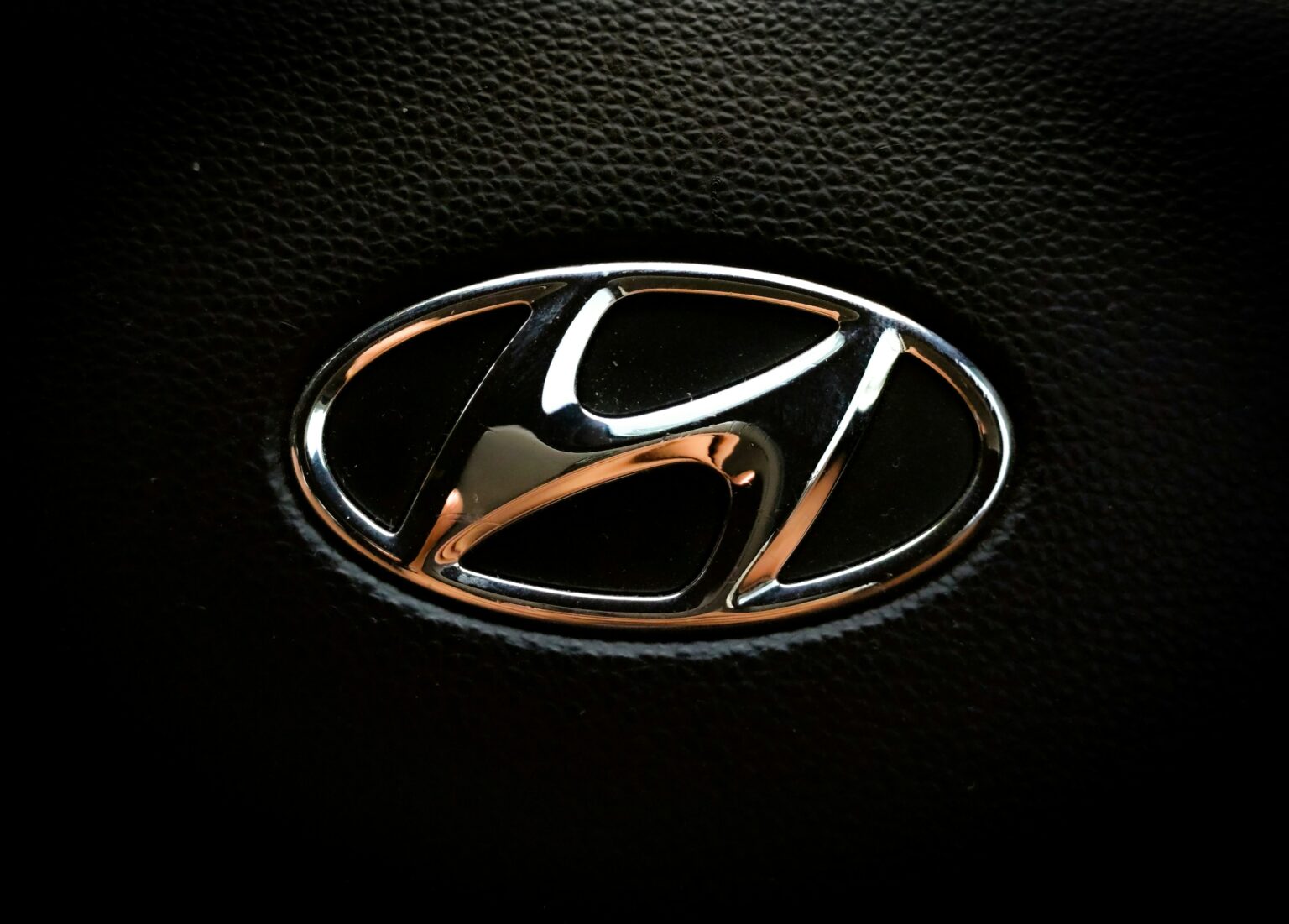Hyundai Motor India’s decision to anchor a ₹100 crore hydrogen R&D facility within IIT Madras’ Discovery Campus signals more than corporate social responsibility—it positions the company at the intersection of industrial decarbonization, domestic innovation policy, and India’s long-range energy independence goals.
Unveiled by Tamil Nadu’s Minister for Industries, Investment Promotion & Commerce, Thiru. T.R.B. Rajaa, the 65,000 sq. ft. Hyundai HTWO Innovation Centre will feature computational labs, pilot-level test rigs, and containerised demonstrators tailored for industrial-scale hydrogen applications. The facility’s dual focus—on systems design and talent development—reflects Hyundai’s bid to shape India’s hydrogen economy from both a technology and workforce perspective.
While India’s Green Hydrogen Mission sets a target of 5 million tonnes per year by 2030, actual infrastructure and R&D capacity remain nascent. Hyundai’s initiative is designed to help bridge this gap, developing core technologies such as electrolyser optimisation, fuel cell integration, and digital twin models for hydrogen infrastructure.
The strategic location—within IIT Madras’ Discovery Campus in Thaiyur—offers access to both high-level academic collaboration and government-backed industrial corridors. Prof. V. Kamakoti, Director of IIT Madras, positioned the centre as a key enabler for achieving Net Zero by 2070 and “Atmanirbhar Bharat in the hydrogen sector.”
While the immediate outputs are technical—pilot demonstrations, product testing, and systems simulation—the long-term value proposition hinges on Hyundai’s integration into India’s evolving policy and commercial hydrogen landscape.
What distinguishes the HTWO Innovation Centre is its emphasis on developing India’s hydrogen talent pipeline. This includes training programs, internships, and applied research—all framed within the goal of expanding the national hydrogen value chain.
The facility also aligns with the Government of India’s energy independence vision for 2047, especially through its focus on public-private partnerships. It aims to operate not just as a Hyundai facility, but as an open innovation platform—inviting participation from policymakers, R&D labs, and other private sector players.
From a broader market perspective, Hyundai’s pivot to hydrogen in India occurs as major OEMs globally re-evaluate their fuel strategies. While EVs dominate short-term decarbonization pathways, hydrogen remains critical for heavy-duty transport, long-duration storage, and industrial feedstock. With fuel cell vehicle infrastructure still limited in India, Hyundai’s decision to focus on back-end R&D and system readiness over immediate product rollout could be a calculated hedge.
Stay updated on the latest in energy! Follow us on LinkedIn, Facebook, and X for real-time news and insights. Don’t miss out on exclusive interviews and webinars—subscribe to our YouTube channel today! Join our community and be part of the conversation shaping the future of energy.





